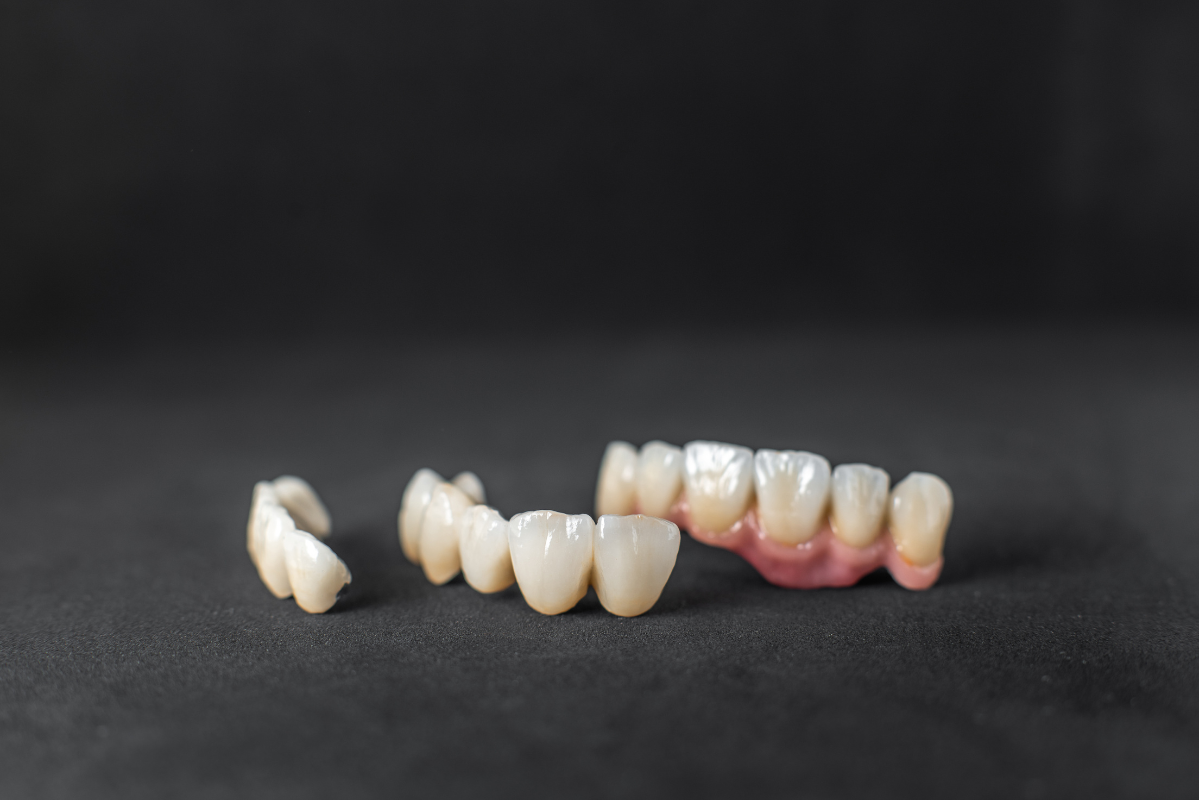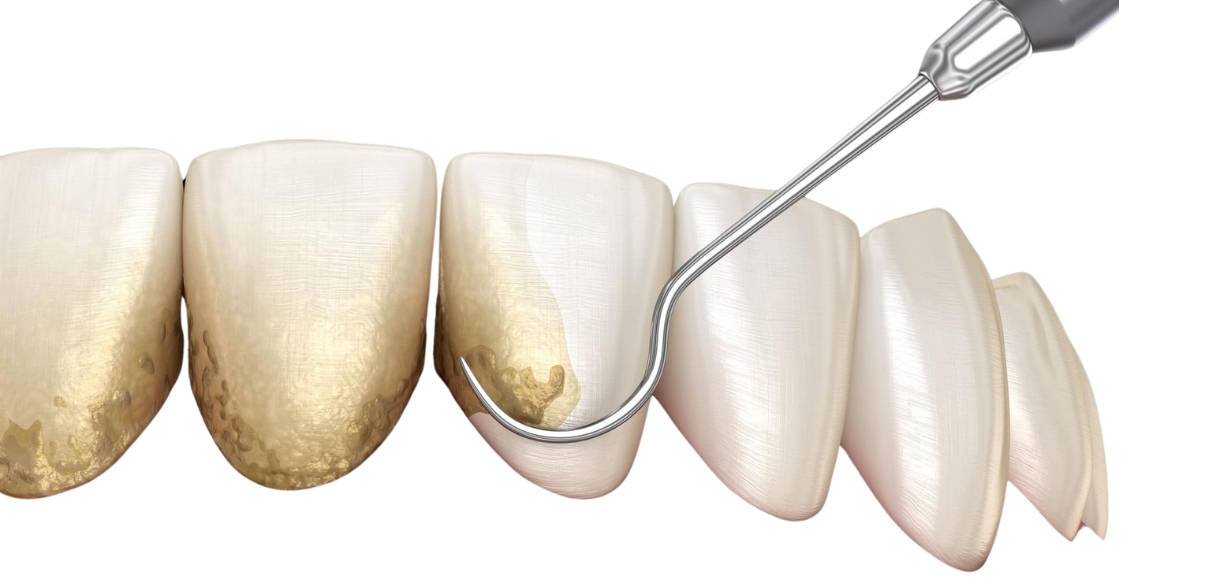
7 Causes Of Black Spots On Teeth
December 12, 2023
Dentist
Discoloration of the teeth can occur regardless of how well you clean your teeth. A black or dark spot could indicate a more serious problem, such as tooth decay, whereas some discolorations aren’t alarming at all. You may be curious about the reasons behind this phenomenon and the steps you may take to eliminate the dark spots that are present on your teeth.
In this guide, we explore the nuances of black spots on teeth, from their normalcy to the various causes and even dietary contributors. With the assistance of a dentist, we’ll delve into effective ways to remove these spots, ensuring your teeth not only look but also feel their best.
Is it normal to have black spots on teeth?: Dentist Insights
Are you wondering if those black spots are par for the course or a cause for concern? A visit to the dentist provides the clarity you need. While some minor discolorations can be common, a dentist’s expertise helps differentiate between harmless occurrences and potential issues that may require attention.
What Causes Black Spots on Teeth?
The anticipated causes of black spots on your teeth are mentioned below.
Tooth Decay: The most prevalent cause of black spots on teeth is tooth decay. When plaque accumulates on the teeth and is not adequately removed through proper oral hygiene, it can lead to cavities. As cavities progress, they may appear as dark spots, signaling the need for prompt intervention by a dentist to prevent further damage.
Dental Trauma: Injuries or trauma to the teeth can result in the formation of black spots. Whether due to accidents, falls, or sports-related injuries, the impact can cause internal bleeding or death of the tooth pulp, manifesting as discoloration. Seeking immediate help from a dentist after trauma is crucial to assess and address any internal damage.
Dental Restorations: Certain dental restorations, such as amalgam fillings, can contribute to the appearance of black spots. Over time, these fillings may corrode or tarnish, leading to discoloration on the surface of the tooth. While these spots are not indicative of decay, some individuals opt for replacement with tooth-colored fillings for aesthetic reasons.
Smoking and Tobacco Use: Smoking and tobacco use are notorious for causing dental issues, including the development of black spots. The tar and nicotine in tobacco products can stain teeth, leading to the formation of dark spots. Quitting smoking and tobacco use improves not only oral health but also prevents further discoloration.
Fluorosis: Excessive fluoride exposure during tooth development, especially in childhood, can lead to a condition known as fluorosis. This results in the formation of dark or brown spots on the teeth. Monitoring fluoride intake, especially in children, and using fluoride products judiciously can help prevent fluorosis-related discoloration.
Medication Side Effects: Certain medications, particularly those containing iron or specific antibiotics, can cause black spots on teeth as a side effect. It’s essential to communicate with your dentist about any observed changes in tooth color while taking medications. Adjustments to the treatment plan may be necessary to mitigate discoloration.
Celiac disease: Celiac disease is an autoimmune disorder caused by gluten consumption. This condition can have an impact on various parts of our body, including our oral health. Individuals with celiac disease may experience discoloration in specific areas due to elevated levels of saliva. If you do not regularly visit the dentist, your oral health condition may worsen over time. Also, remember to take the medications with proper care.
What Foods Cause Black Spots on Teeth?
Certain foods can contribute to the development of black spots on teeth. Dark berries, rich in antioxidants but containing deep pigments, may leave stains on tooth surfaces. Coffee and tea, common daily indulgences, are known culprits for tooth discoloration, and their regular consumption can lead to the appearance of black spots. Red wine, enjoyed by many, also poses a risk due to its staining properties. Managing the impact of these foods on dental health involves regular check-ups with a dentist, maintaining proper oral hygiene practices, and, if necessary, considering occasional teeth-whitening treatments to mitigate the effects of surface stains.
How to Remove Black Spots on Teeth?
After discussing all the probable reasons behind dark spots on teeth, we must know how to remove them.
Professional Cleaning: Regular dental cleanings are fundamental for removing surface stains and addressing early signs of decay. Your dentist’s expertise ensures a thorough and effective cleaning process.
Teeth Whitening: For surface stains and discolorations, professional teeth-whitening treatments recommended by a dentist can significantly enhance the brightness of your smile.
Restorative Procedures: When black spots signify decay, restorative procedures like dental fillings or crowns become essential. A dentist assesses the extent of damage and recommends the most suitable course of action.
Understanding the causes of black spots on teeth is the first step to the path of removing them. Regular consultations with a dental professional not only unveil the nuances of your dental health but also empower you to make informed choices. Whether it’s addressing decay, managing dietary impacts, or opting for professional treatments, your dentist is your ally in reclaiming the radiance of your teeth. If you need any guidance regarding your oral health, book an appointment with your dentist in Matthews, NC, without any delay.
More Blog Posts
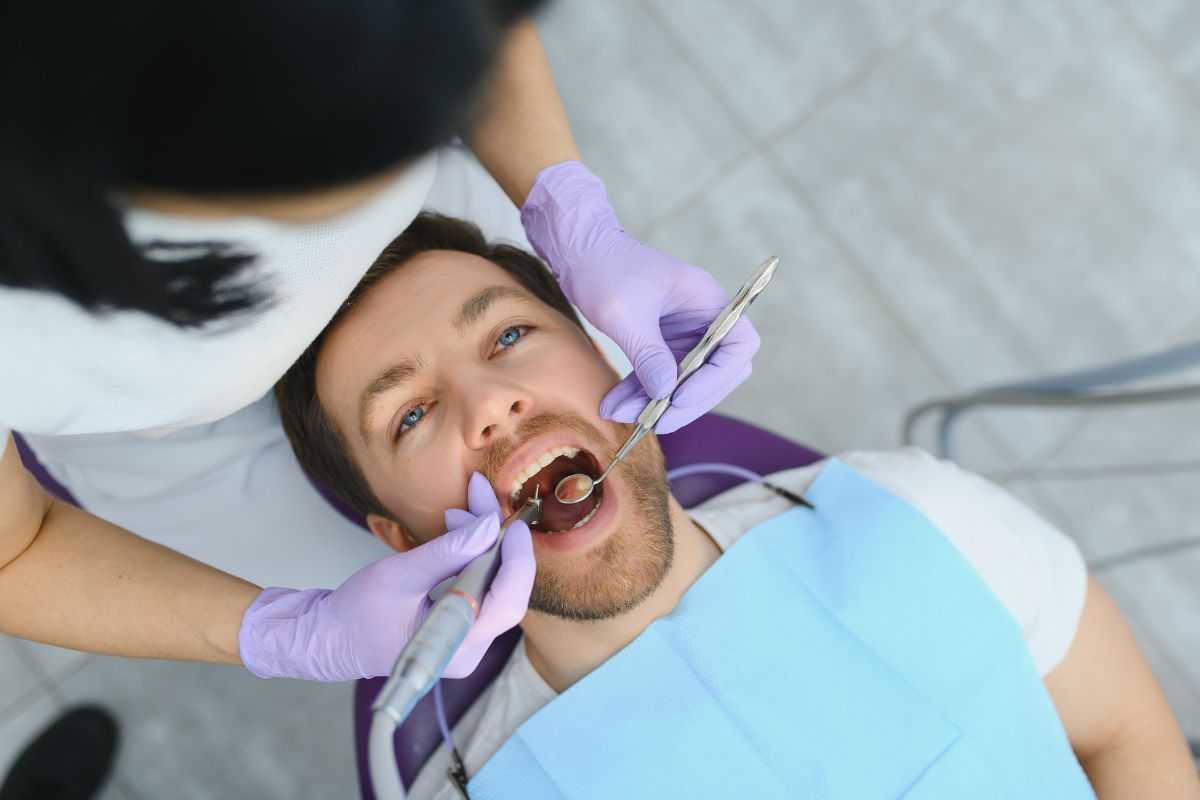
Composite vs. Amalgam Fillings: Which Is Better for Your Smile?
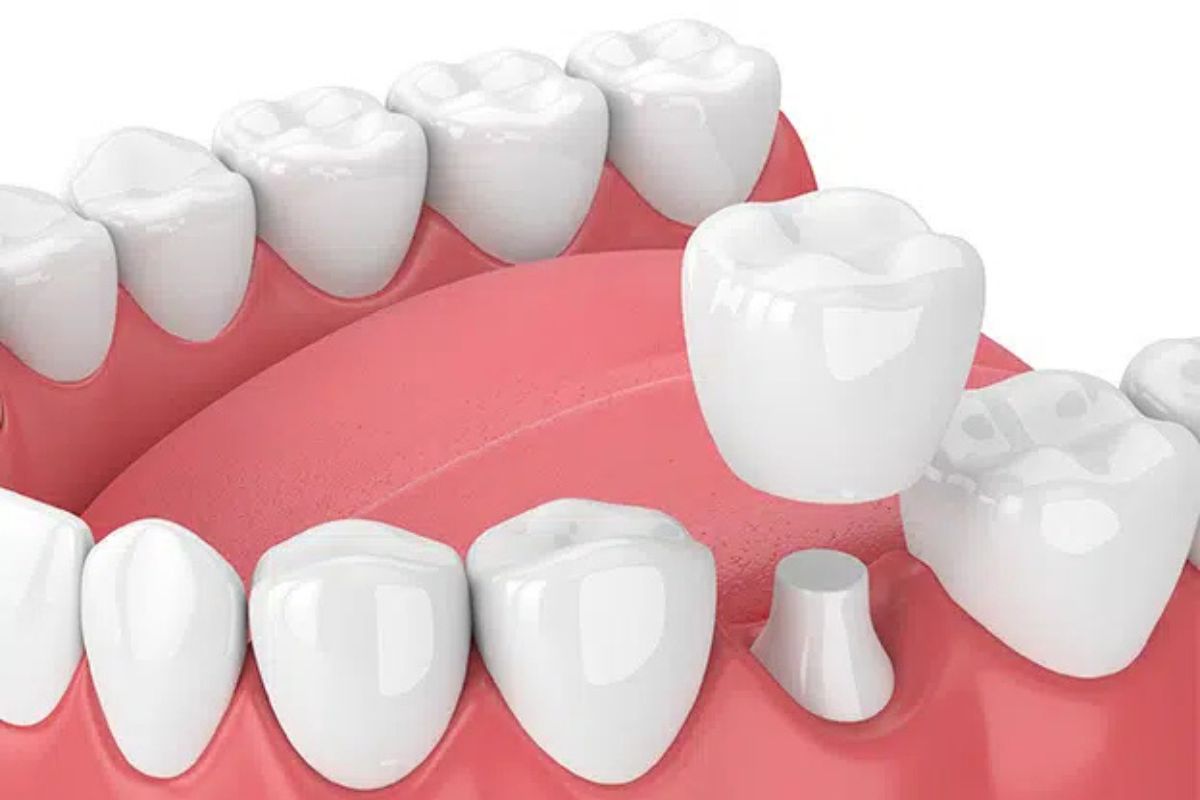
How to Know When Your Dental Crown Needs Replacement
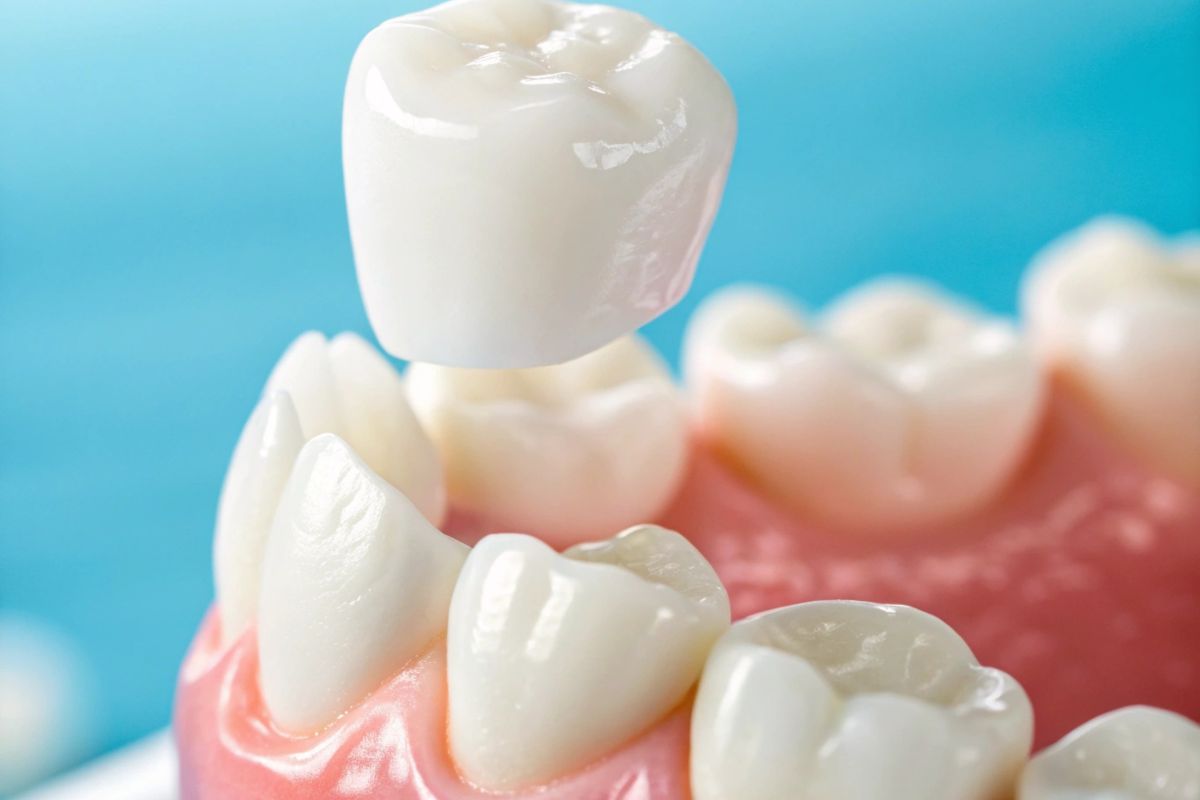
Dental Crown Problems & How to Fix Them
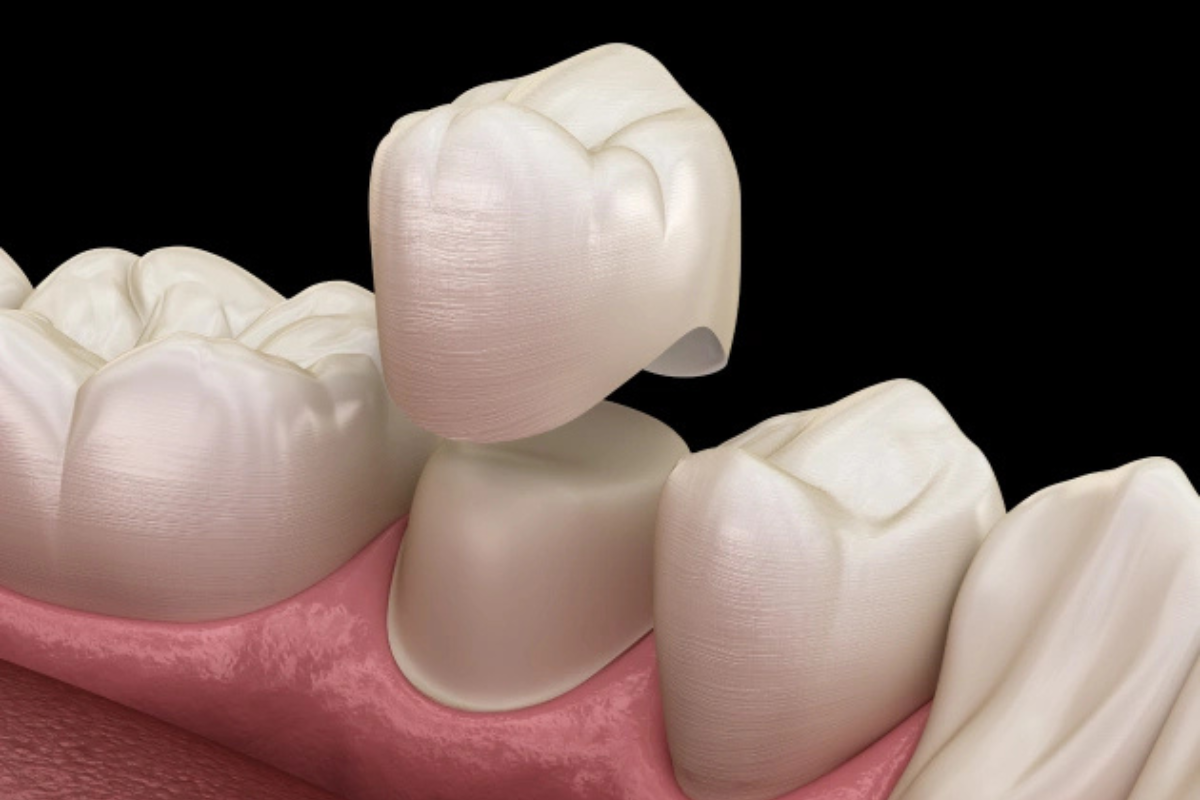
Caring for Your Dental Crowns: Do’s and Don’ts
